
IV. Protection of Human Rights in Social Development
In recent years, China has kept strengthening its social development, effectively solving the most practical problems of the utmost and immediate concern to the people, and safeguarding their fundamental interests. People's rights to social security, health and education are thus better protected. In social development, the focus of attention has been placed on protecting and improving the people's livelihood, while further efforts have been made to improve the basic public services system, which has resulted in marked improvement in the basic public services level and equal access to such services, rapid progress of education, significant advance in social security, basic realization of universal coverage of medical care, accelerated construction of affordable housing, and a more harmonious and stable society.
The coverage of social insurance has been widened. The state has enacted the Social Insurance Law, and revised the Regulations on Work-related Injury Insurance. China has realized full coverage of basic old-age insurance and basic medical care for both urban and rural residents. Old-age insurance of various types now covers 790 million people, with 130.75 million senior urban and rural residents receiving pensions on a monthly basis. On the average, basic old-age pension for each enterprise retiree has been raised from 700 yuan in 2004 to 1,721 yuan per month now. Medical insurance of various types covers over 1.3 billion persons, among whom over 800 million have access to the new rural cooperative medical insurance. Now 189.93 million people have access to national work-related injury insurance, an increase of 12.97 million people as compared with 2011, among whom 71.73 million people are migrant workers. In addition, 152.25 million people are covered by unemployment insurance, an increase of 9.08 million people over 2011, and 154.45 million people are covered by maternity insurance, an increase of 15.53 million people over 2011. China has established a comprehensive system of pooling funds for old-age insurance at the provincial level, implemented the transfer of basic pension accounts across provinces, basically realizing the orderly transfer of pension accounts for all that have participated in basic old-age insurance, including migrant workers. A linkage mechanism has also been established between the standard of unemployment insurance allowances and the inflation level. The government subsidies for the new rural cooperative medical system and basic medical insurance for urban residents have been raised from 20 yuan and 40 yuan a year per person at the beginning to 240 yuan in 2012. The medical treatment cost of inpatients covered by urban employees' medical insurance, urban residents' medical insurance and the new rural cooperative medical insurance has been raised to over 75 percent, over 70 percent and around 75 percent, respectively, with the payment cap raised to over six times of a local employee's average annual wage, over six times of a local resident's per-capita disposable income and over eight times of the average annual per-capita net income of farmers, and no less than 60,000 yuan, covering both outpatient and inpatient services. In 2012 while introducing pilot medical care programs for eight serious diseases such as uremia and childhood leukemia, the state also listed 12 other serious diseases such as lung cancer, esophagus cancer and gastric cancer into the pilot medical care programs, with the maximum reimbursement rate reaching 90 percent.
【11】 【12】 【13】 【14】 【15】 【16】 【17】 【18】 【19】 【20】
【21】 【22】



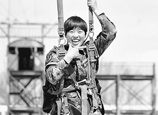
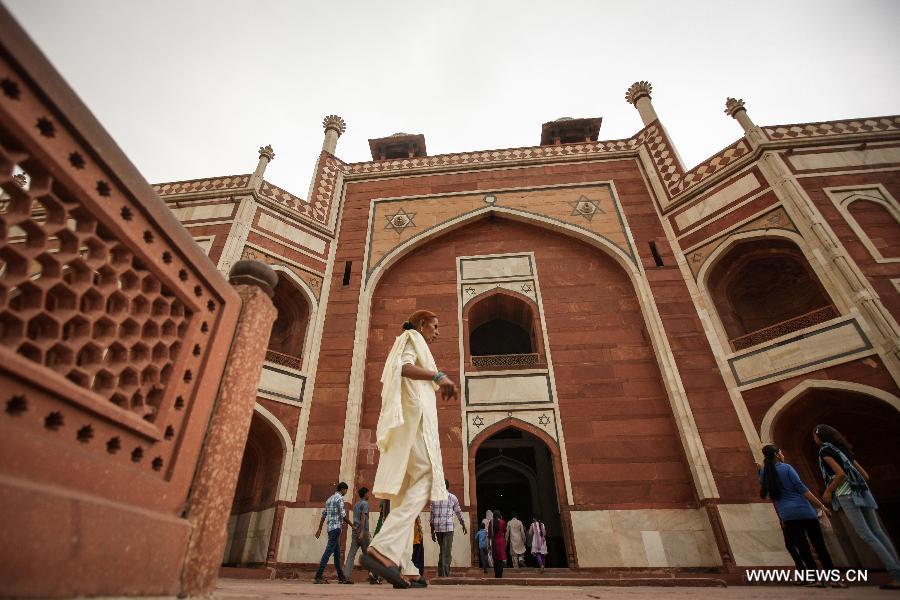

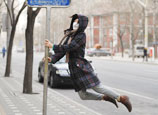
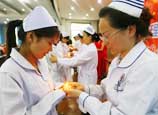

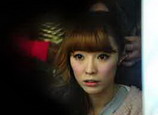

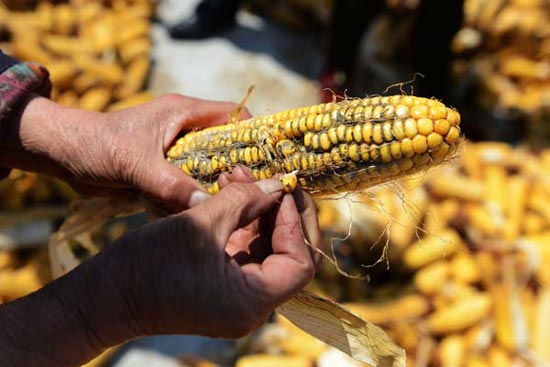






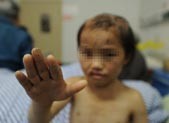 Father arrested for 'torturing' teen daughter
Father arrested for 'torturing' teen daughter


![]()
